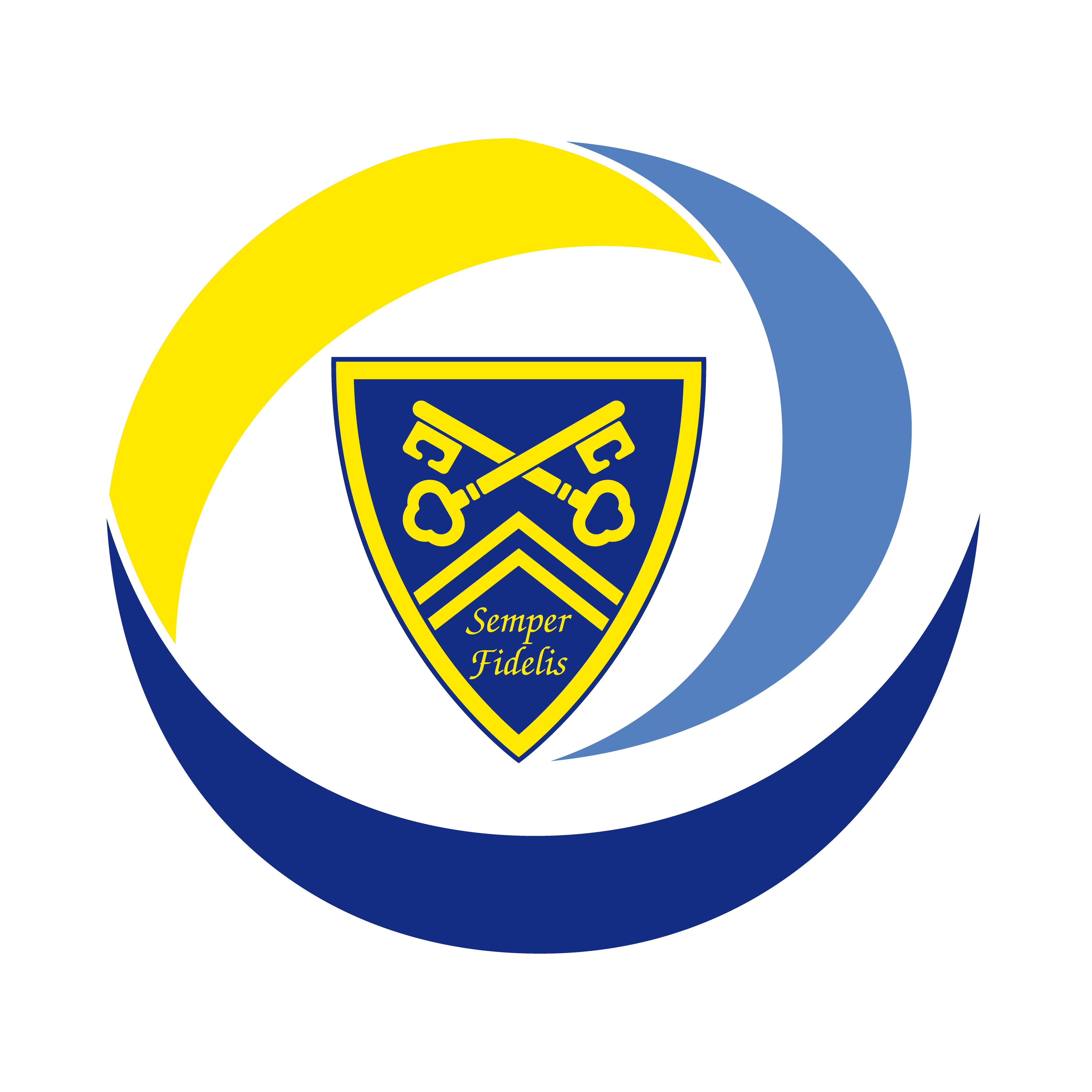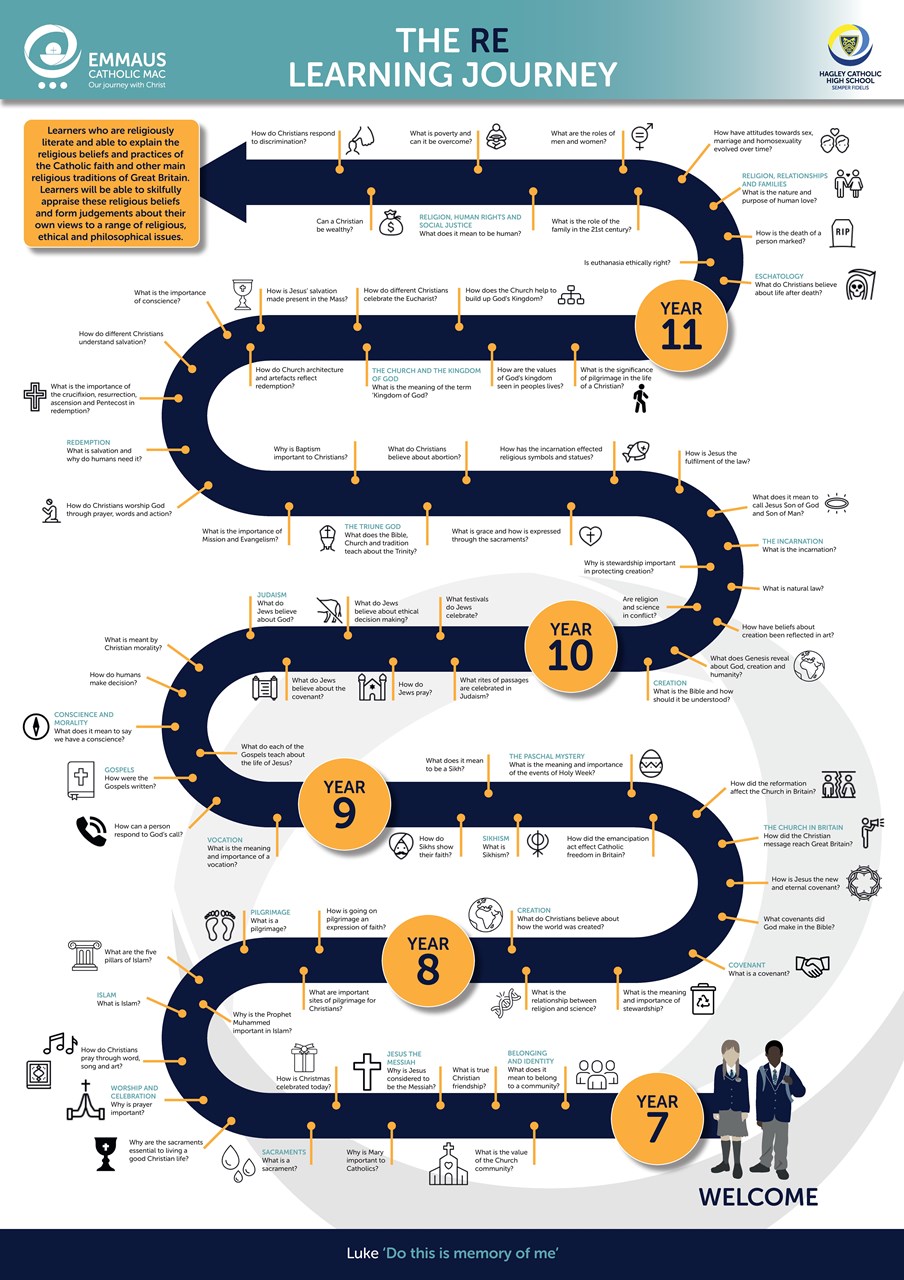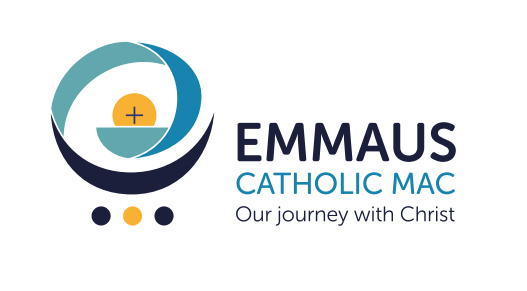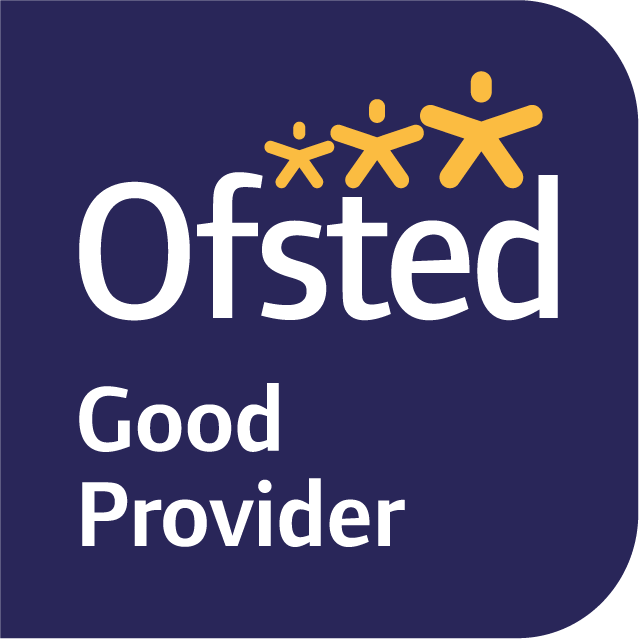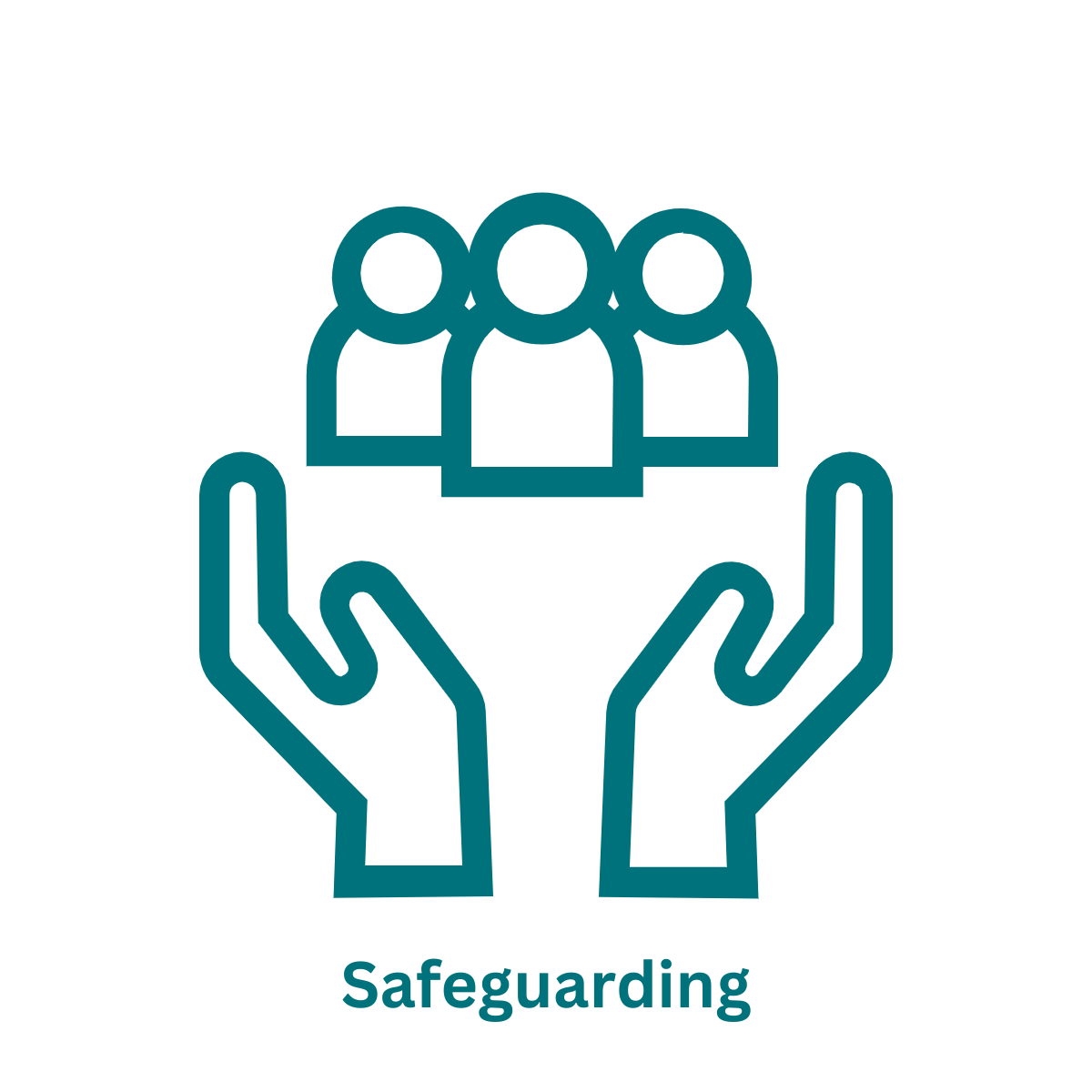Our Religious Education Department
All pupils and students at Hagley Catholic High School follow a taught course of Religious Education. The Department is made up by five full-time specialist teachers who are fully committed to both RE and the Catholic Life of the school:
- Mr P Farley - Head of Department - pfarley@emmausmac.com
- Ms A Price - Assistant Subject Leader for RE in charge of years 8 and 9 - aprice@emmausmac.com
- Mrs C Kirk - Teacher of RE ckirk@emmausmac.com
- Mr A Sommerville - Teacher of RE - asommerville@emmausmac.com
- Miss M Cutler - Teacher of RE - mcutler@emmausmac.com
- Mr R Miastowski - Assistant Principal: Personal Development and Catholic Life and Teacher of RE - rmiastowski@emmausmac.com
- Mr J Hodgson - Principal and Teacher of RE - jhodgson@emmausmac.com
- Mrs L Ball - Assistant Subject Leader in charge of year 7 - lgball@emmausmac.com
Vision
The aims of religious education are set out by the Bishop’s Council and shared by the staff and Academy committee of Hagley Catholic High School:
- To present engagingly a comprehensive content which is the basis of knowledge 1 and understanding of the Catholic faith;
- To enable pupils continually to deepen their religious and theological understanding and be able to communicate this effectively;
- To present an authentic vision of the Church's moral and social teaching so that pupils can make a critique of the underlying trends in contemporary culture and society;
- To raise pupils' awareness of the faith and traditions of other religious communities in order to respect and understand them;
- To develop the critical faculties of pupils so that they can relate their Catholic faith to daily life;
- To stimulate pupils' imagination and provoke a desire for personal meaning as revealed in the truth of the Catholic faith;
- To enable pupils to relate the knowledge gained through Religious Education to their understanding of other subjects in the curriculum;
- To bring clarity to the relationship between faith and life, and between faith and culture.
The outcome of excellent Religious Education is religiously literate and engaged young people who have the knowledge, understanding and skills – appropriate to their age and capacity – to reflect spiritually, and think ethically and theologically, and who are aware of the demands of religious commitment in everyday life.
Throughout their time at Hagley Catholic school student follow the Catholic Curriculum Directory with topics in KS3 providing the foundation for KS4 and KS5. Students develop explanation, interpretation, and analytical skills throughout their study and the ability to construct and defend their views in light of Church Teachings.
Year 7
- Belonging and Identity
- Jesus the Messiah
- Worship
- Sacraments
- Pilgrim Church
- Islam
Year 7 students develop a proficient use of Bibles to help them support their writing. They also focus on the acquisition of key vocabulary, the formation of descriptive writing and reference to religious teachings and beliefs.
Please see our Knowledge Organizers for Year 7 below:
Year 8
- Creation
- Covenant
- Church in Britain
- Paschal Mystery
- Sikhism
Please see our Knowledge Organizers for Year 8 below:
Year 8 students develop links between belief and actions in person’s life. They also focus on the making links between scripture and the way in which a religious person thinks and acts. Students develop evaluative writing using religious teachings and beliefs to reinforce their arguments.
Year 9
- God's Call
- The Gospels
- Spiritual Quest
- Holy Spirit
- Morality and Conscience
Year 9 students develop links between Church teachings and the lived reality of Catholics. They also focus on using scripture and sources of authority as the basis for their writing. Students develop the skills needed to respond to GCSE question styles. .
In line with whole-school policy, pupils will be set weekly homework. This is primarily to use, learn and self quiz the information contained in the Knowledge Organisers and complete checking activities. Alternative activities will be set as required to assist and develop skills.
Please see our Knowledge Organizers for Year 9 below:
Year 10
All pupils follow AQA's Specification B GCSE in Religious Studies, building on the skills developed in KS3. The qualification comprises of three units, which are all assessed entirely by examination at the end of Year 11:
- Catholic Christianity (50%)
- Judaism (25%)
- Ethical Themes (25%)
In year 10 students complete units on:
- Incarnation
- Triune God
- Redemption
- Church & the Kingdom of God
- Relationships
The curriculum fulfils the requirements of the 2012 Religious Education Curriculum Directory for Catholic Schools & Colleges in England & Wales, published by the Catholic Bishops' Conference of England.
Year 11
All pupils follow AQA's Specification B GCSE in Religious Studies, building on the skills developed in KS3. The qualification comprises of three units, which are all assessed entirely by examination at the end of Year 11:
- Catholic Christianity (50%)
- Judaism (25%)
- Ethical Themes (25%)
In year 11 students complete units on:
- Eschatology
- Judaism: Beliefs
- Judaism: Practises
- Review and revision of learning
Revision material for each of the units can be found below; additional revision is provided by the Department in the terms preceding the exams. Further information, available directly from AQA, may be found by clicking here.
The curriculum fulfils the requirements of the 2012 Religious Education Curriculum Directory for Catholic Schools & Colleges in England & Wales, published by the Catholic Bishops' Conference of England.
Key Stage 5
Religious Studies, at A-level, is all about exploring scholarly and philosophical debates surrounding the Philosophy of Religion, Ethical theories and the developments in christan thought.The course is made up of three units; Philosophy, Ethics & Developments in christan thought.
Religious Studies demands hard work and is regarded as an academic discipline. An active and enquiring mind is important as well as the willingness to debate and discuss controversial issues that arise. Essays and on-line discussions will be set on a regular basis.
Excellent pass rate at A-level. The RE Department has a highly qualified team of specialists with a proven track record of preparing students for public examination.
Theology is highly regarded by universities as an academic subject, encompassing many fields, including Philosophy, Ethics, Developments in christan thought, World Religions, Church History and Liberation Theology. The critical skills acquired during A-level Religious Studies provide an excellent foundation for entry into Social work, Journalism and Business/Managerial courses.
Theology and/or Philosophy have been the chosen degree subject(s) of several students in recent years, at Cardiff, Leeds Trinity, Bishop Grosseteste, York St John and Newman.
In recent years, a number of our past students have become Youth Leaders in Catholic Youth Renewal Centres.
Assessment
- In KS3 and KS4 GCSE style Question 5s are used as formative mid unit assessments, with a full question 1-5 GCSE set of questions at the end of each unit as summative assessments.
- During lessons students use exam style questions to test and develop their learning.
- End of year exams at for KS3 and Mock exams for KS4 are completed in the school gym, under formal exam conditions.
- In KS5, a range of past questions are used in each component of study to assess knowledge and skill each half term. Mock exams are completed each year in formal conditions.
Extra-Curricular
Year 7 & Year 8 – Residential retreat at ‘The Briars’
Year 10 & Year 11 - Pilgrimages to Rome and Auschwitz in Poland take place on alternate years. KS4 students have the opportunity to attend both, if they wish, over the course of their GCSE study.
Year 12 – Pilgrimage to Lourdes, with related skill acquisition and charitable activities
